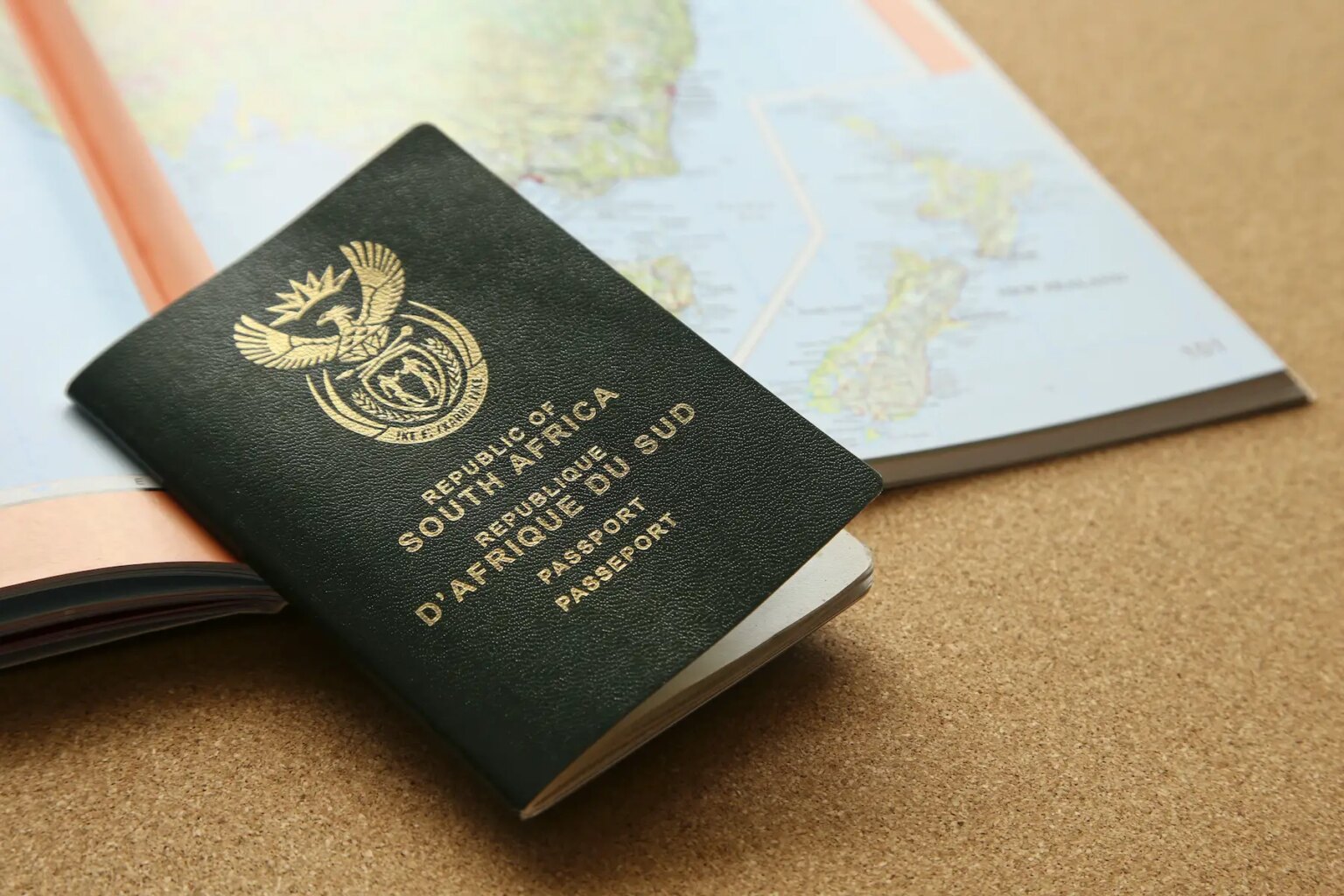When moving to a new country, like beautiful South Africa, some internationals fall in love with it. They then decide to immigrate and become citizens. You may have started with a work permit or student visa before applying for permanent residency. After a few years of living here, you may apply for citizenship.
Fortunately, with some research and preparation, the path to citizenship in South Africa is relatively straightforward. The information in this article will help you on your journey to becoming a South African national:
- Citizenship in South Africa
- South African citizenship by birth
- Citizenship by descent in South Africa
- South African citizenship by naturalization/residence
- Citizenship by marriage in South Africa
- South African citizenship by adoption
- Citizenship as a refugee in South Africa
- South African citizenship test
- South African passports
- Dual nationality in South Africa
- Losing or renouncing South African citizenship
- Citizenship appeals and complaints
- Useful resources
lingoking
Do you need help translating documents? Make sure all your legal proceedings go smoothly by using lingoking for all your translation needs. Whichever papers you need translated, lingoking's network of professional translators can help. Order online 24/7 and take some of the stress out of your legal procedure.
Citizenship in South Africa
The Department of Home Affairs (DHA) is the government agency that manages immigration, including becoming a South African citizen. The country’s official requirements for the process were first established by the Citizen Act 1995 and revised by the Citizenship Amendment Act 2010.

South African citizenship is determined through the right of blood (jus sanguinis) and the right of soil (jus soli). So, being born in South Africa to foreign parents is not enough to guarantee citizenship. You must be born or adopted in the country with at least one parent who is a South African citizen.
Alternatively, those born to or adopted by South African parents living outside of the country would qualify under jus sanguinis. Even though this seems quite strict, the South African government offers a clear path to citizenship through naturalization for foreign nationalities.
South African citizenship by birth
Anyone born in the country to at least one parent with citizenship or permanent residence is automatically a South African citizen by birth. The same rule applies in adoption cases – one adoptive parent must be a citizen or permanent resident of the country. Apart from that, two other exceptions may allow someone to qualify as a South African citizen by birth:
- A baby is born in South Africa, the birth is registered in the country, and no other citizenship is claimed
- A baby is born outside of South Africa to parents who work in service of the South African government or for relevant international organizations
How to apply for citizenship through birth
If you have a baby in South Africa, you’ll need to register the birth with the local DHA office. The registration process may differ depending on when the baby is born. Once you’ve submitted your application, the DHA or local consulate will advise you on wait times and further steps.
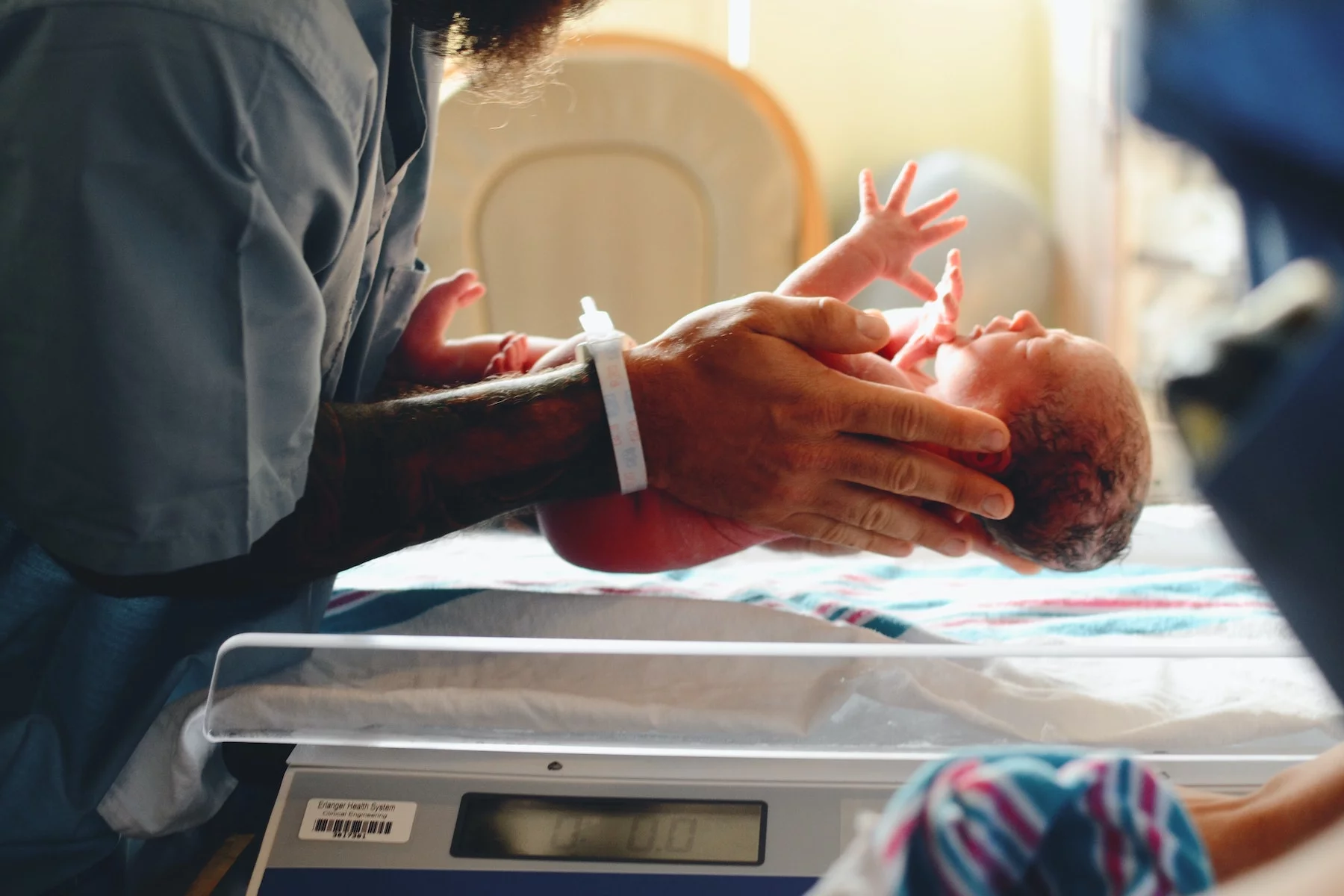
If you need to register a birth abroad to apply for citizenship by descent (further discussed in the next section), you should contact the nearest South African consulate.
Citizenship by descent in South Africa
In South Africa, citizenship by descent is reasonably straightforward. To qualify, a person must meet the following criteria:
- Born outside South Africa to a parent who is a South African citizen
- Born outside South Africa but adopted by a South African citizen who lives in or outside of the country
How to apply for citizenship through descent
Depending on your specific situation, you may need the following documents to apply for citizenship by descent:
- Completed BI-24 form for children ages 1–15, which must be endorsed by the South African parent
- Completed BI-529 form to determine citizenship status
- Original or notarized copy proving South African parent’s citizenship, possibly including a passport, ID, or birth certificate
- Notarized copy of or original foreign birth certificate
- Parent’s marriage certificate, original or notarized copy
- Notarized letter of consent from non-South African parent, allowing the child’s birth to be registered in South Africa
- Copy of adoption order, if applicable
South African citizenship by naturalization/residence
To become a South African citizen through naturalization, you must first be a permanent resident of the country for five years. You must also have lived in South Africa continuously for a year before applying for naturalization. Finally, you must be proficient in one of South Africa’s 11 official languages.
Naturally, you cannot have a history of criminal behavior.
How to apply for citizenship through naturalization/residence
You can submit your naturalization applications to the DHA. Remember that processing times can vary. Once you are ready to apply, you’ll need to provide the required documentation, which includes the following:
- Completed DHA-529 form
- Proof of one year’s continuous residence before applying
- Background check from the South African police
- Police clearance from your current country/countries of citizenship
- Proof of R300 application fee payment
- Proof of language proficiency, usually a passed test certificate
- Letter confirming acceptance of dual nationality
Citizenship by marriage in South Africa
If you marry a South African citizen, you can legally reside in the country, but you do not automatically become a national. Essentially, you must first hold a residence permit or visa for a required duration before you apply for citizenship. There are specific spousal permits and visas for those married to South African citizens to live in the country with their partner.
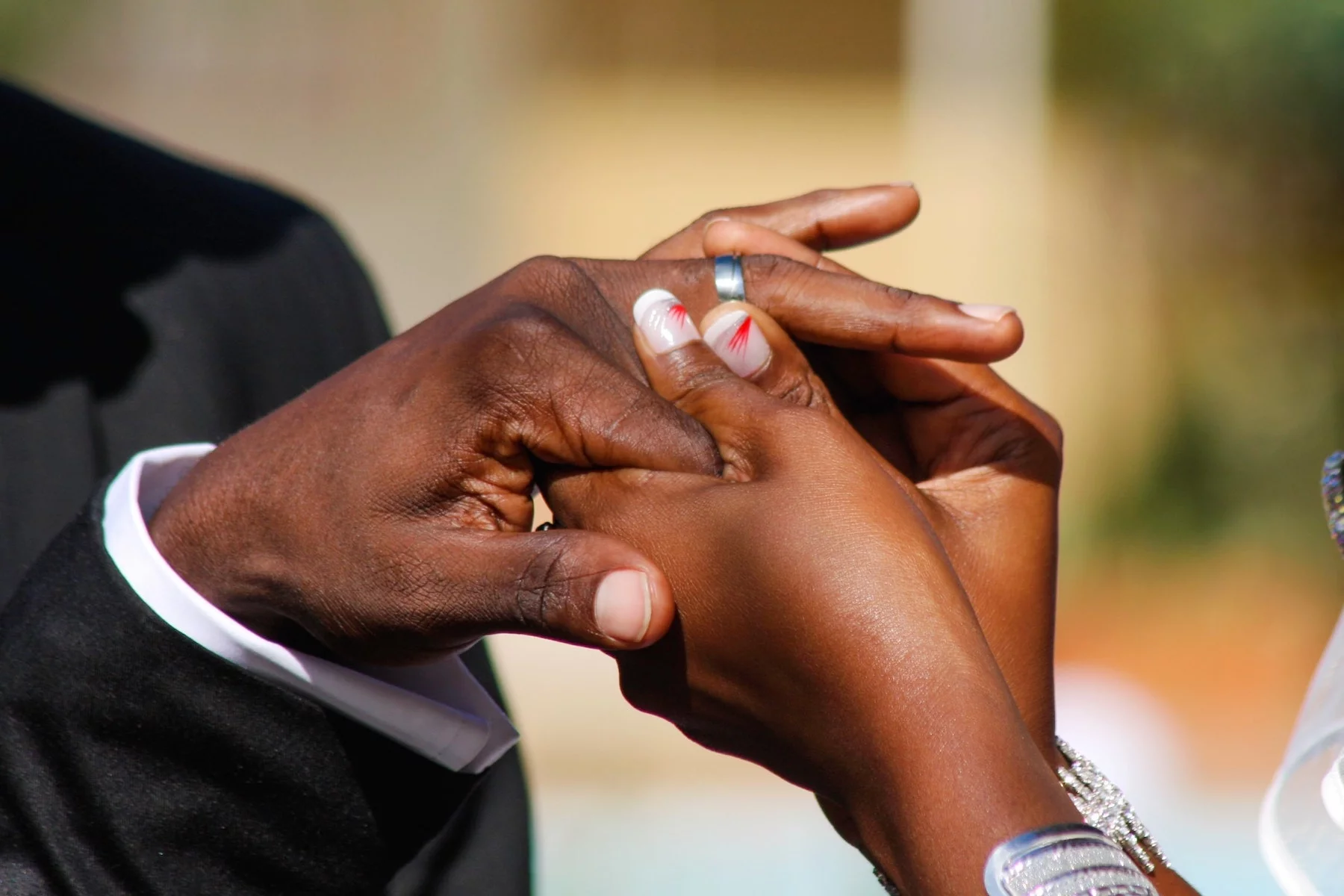
To apply for South African citizenship through marriage, you will need to have been a permanent resident for two years immediately prior. You must also have been residing in South Africa during that time.
How to apply for citizenship through marriage
Applying for citizenship through marriage is similar to citizenship through naturalization. Check the list of documents carefully, and be sure to inquire about processing times at the time of application.
South African citizenship by adoption
If you were born in the country and adopted by someone with South African citizenship, you are automatically a South African national at birth. To make this official, a parent must register the birth with the DHA.
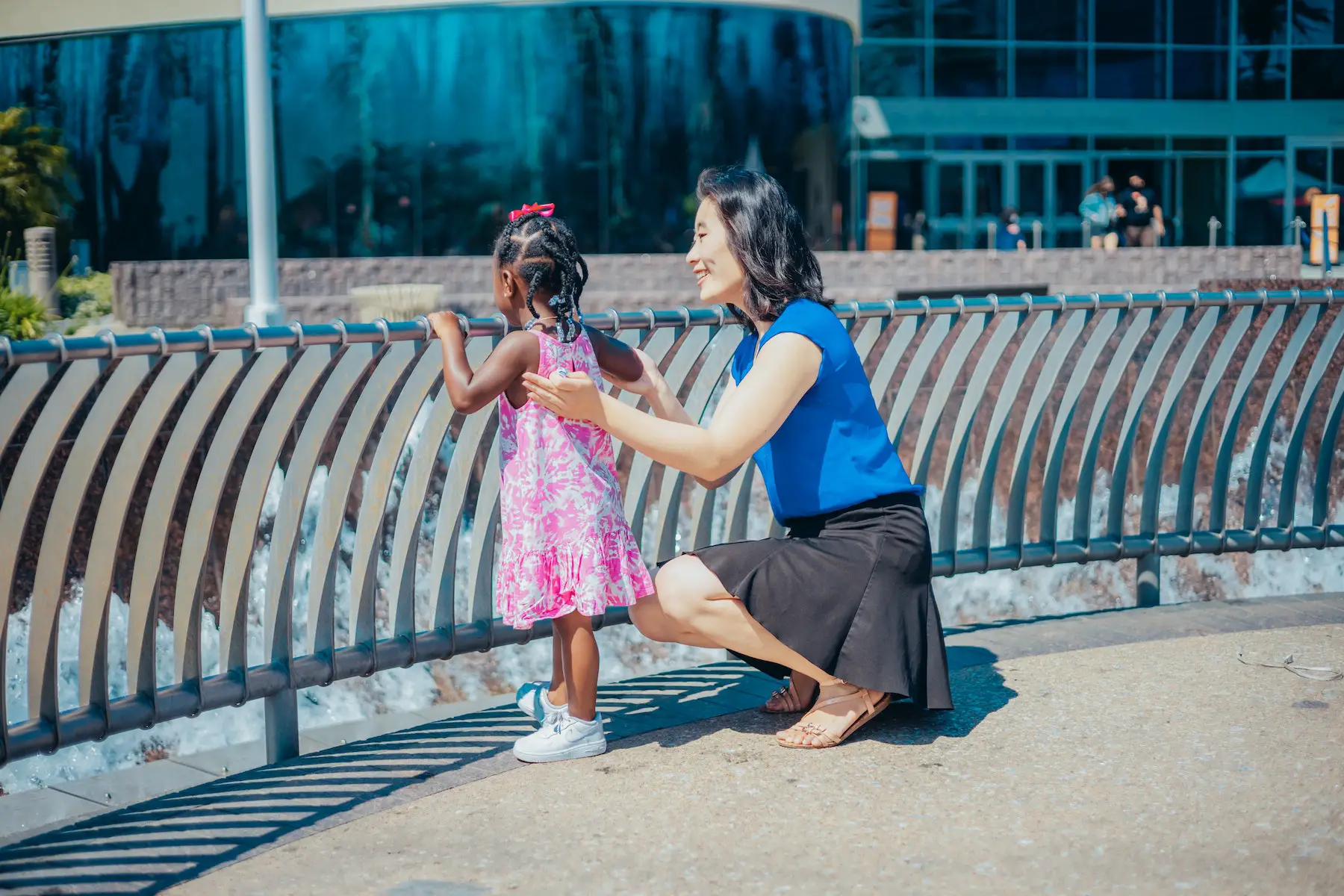
How to apply for citizenship through adoption
You’ll need to visit your closest DHA office to register a child’s adoption. Be sure to bring your identification, proof of citizenship, and any proof of birth or identification for the child. They will be able to advise you on the registration process, plus processing times and the next steps.
Citizenship as a refugee in South Africa
If you are recognized as a refugee by the state of South Africa, you will be granted a refugee permit that allows you to live in South Africa temporarily. Once you have lived in the country for five consecutive years on a refugee permit, you may apply for permanent residence.
How to apply for citizenship through refugee status
After receiving permanent residence, your path to citizenship is the same as through naturalization. Because refugees have certain protections, be sure to contact the Department of Home Affairs to enquire if there is anything special about how you go through the process. For example, your application fee (R300) could be waived. They will also be able to advise you on processing times and what to expect.
South African citizenship test
South Africa does not have a specific citizenship test. However, foreigners applying for citizenship by naturalization – including spouses of South Africans and refugees – must pass a language test demonstrating proficiency in at least one of the country’s 11 official languages.
They then have to submit a copy of the language test results, the naturalization application forms, and documents. Luckily, plenty of language courses are available for internationals in South Africa.
South African passports
The DHA processes passport applications and may only issue these to South African citizens. Once you are ready to apply for your passport, go to your closest DHA office with the following documents:
- Completed DHA-73 form
- Original identity document
- Two color passport photos
- R400 application fee
Dual nationality in South Africa
South Africa allows its citizens to have dual nationality under certain conditions. If your first nationality is South African and you want to become a national of another country, you must apply to retain your original citizenship before accepting the second. Otherwise, you may automatically lose your South African citizenship.
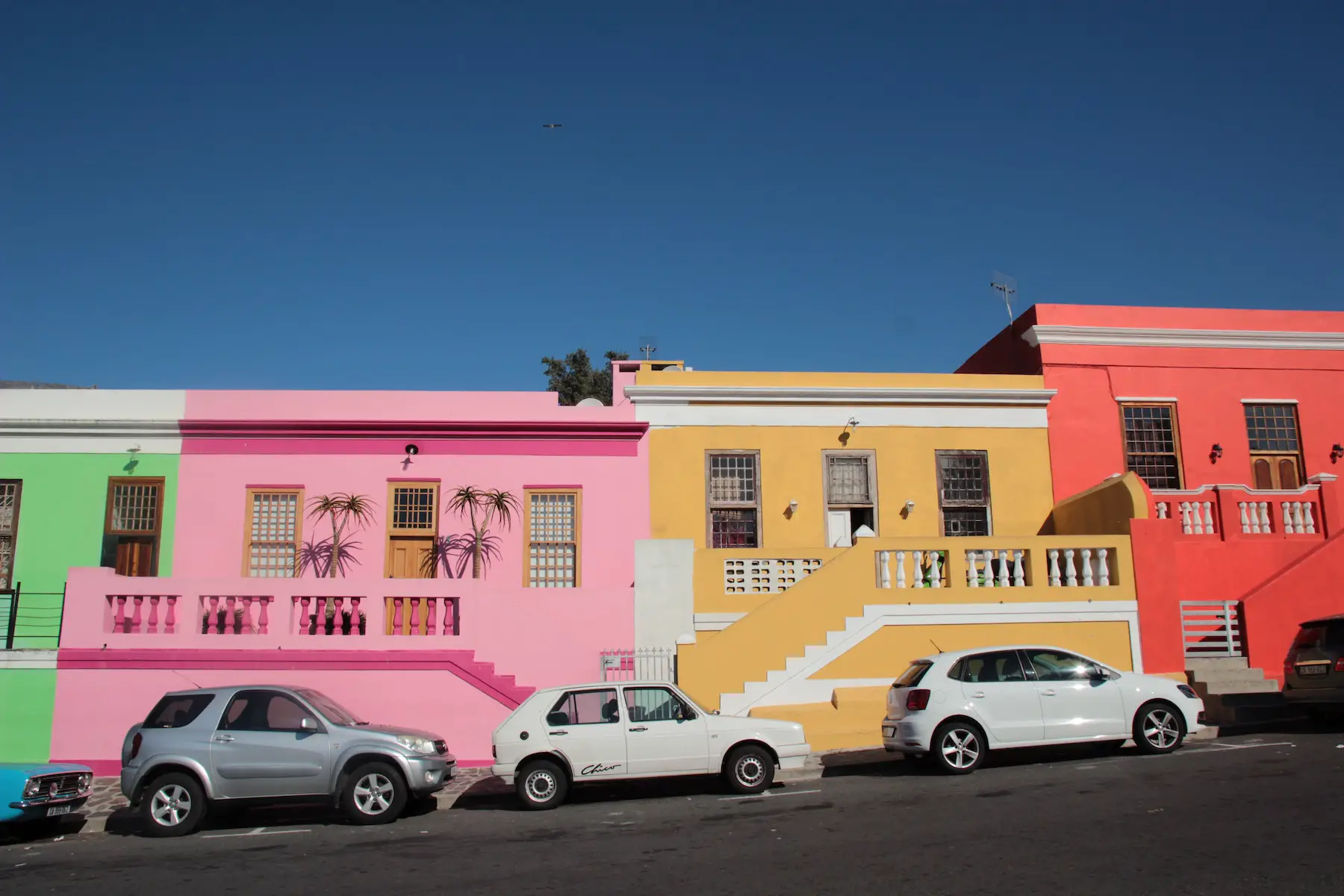
If South African would be your second citizenship, you must provide a letter demonstrating acceptance of dual nationality. Of course, some countries do not allow dual nationality (e.g., the Netherlands), which means renouncing your original citizenship before becoming a South African.
Losing or renouncing South African citizenship
The most common reasons for losing South African citizenship involve getting a second nationality without first clearing it with the DHA. If you willingly renounce your South African citizenship, you must complete form BI-246 and provide the required documentation.
Fortunately, even if you’ve lost your South African citizenship, you still maintain your right to permanent residence in the country.
Citizenship appeals and complaints
The DHA has the final say regarding applications for visas, permits, and citizenship. Ensuring you meet the qualifications and complete your application correctly is the best way to avoid potential problems and delays.
However, some citizenship applications may still be rejected. If this happens, it’s best to contact an immigration lawyer who can advise you on your options and next steps. Keep in mind that you have 10 working days from denial to submit an appeal.
Useful resources
- Department of Home Affairs (DHA) – official government department for immigration, including citizenship, visas, and permits
- Immigration Services – Find the necessary forms and fees for your application
- VFS.Global – the official visa and immigration partner of the Department of Home Affairs (DHA)
- South Africa Visa – expert consultants for visas to South Africa
- South Africa Visa – find a full list of South African Embassies around the world
